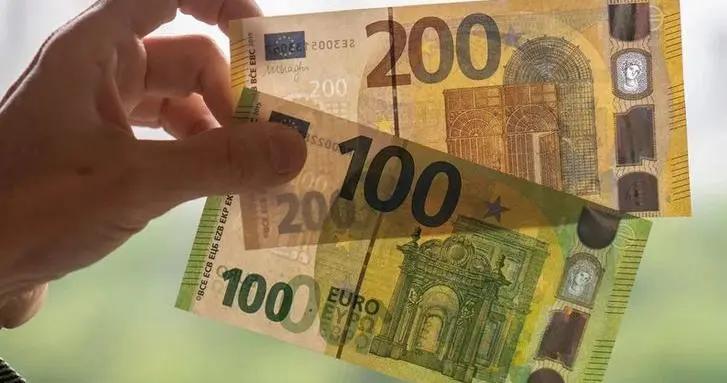Croatia will be ready to join the euro area in January 2023. “With regard to the time Croatia will spend in ERMII, we are convinced that during its participation in the mechanism we will maintain the stability of the exchange rate and be ready to we will join the eurozone on January 1, 2023, “Prime Minister Andrei Plenkovic said in a speech posted on the government’s website, SeeNews reports.
The Adriatic country, which has been a member of the European Union since July 1, 2013, joined the European Monetary Mechanism (ERM 2) last summer, together with Bulgaria, considered the so-called euro area waiting room. However, Zagreb will be a year ahead of Sofia in adopting the new currency. The Bulgarian authorities have set January 1, 2024 as the official date for joining the monetary union.
The adoption of the common currency requires serious preparation and there is already a national plan for this. The practical steps for the introduction of the euro are expected to take between 2 and a half and 3 years. So it is not very certain whether we will be able to switch to the new currency in 2024.
Unlike Bulgaria, our Balkan neighbors have seriously stepped in and are trying to meet all the requirements for joining the eurozone. They are making serious efforts to meet the convergence criteria in Maastricht and to make reforms to prevent money laundering. The Croatian authorities are actively working to improve the business climate and better and more effectively manage the public sector and the judiciary.
Croatia is already implementing a national plan to replace the local currency, the Croatian kuna, with the euro. It sets out the legislative, administrative and logistical activities for the transition to the new currency. The main principle of the plan is consumer protection, ie. replacement of the kuna at no cost, including at a fixed exchange rate.
Integration into the eurozone and the Schengen area are strategic priorities for the Croatian government, Plenkovic said. His country plans to become a member of both within the next 2 years.
Revival of the economy on the road to the euro
Croatian Central Bank Governor Boris Vujicic believes the adoption of the euro in January 2023 is achievable, despite a coronavirus pandemic that has severely affected the country’s economy and public finances. Due to the crisis, the European Commission has temporarily eased the requirements for an excessive budget deficit in the EU, which is in favor of countries such as Croatia.
Croatian authorities expect an economic recovery of at least 5% this year and real GDP growth of 6.6% next year. After a significant increase in the budget deficit to 7.4% of GDP in 2020, the government expects to reduce it to 3.8% this year, 2.6% next year and 1.9% in 2023.
Zagreb aims to reduce public debt of 88.7% of GDP in 2020 by two percentage points in 2021 and by between 3 and 4 percentage points per year by 2024. This is twice as fast as officially definitely in the Maastricht criteria, Plenković assures.
Inflation in the country is a certain risk, which will remain below 2% this year and next. “Energy and food prices are the biggest one-off generator of inflation, but the question is to what extent this will be a long-term effect. If inflation expectations begin to form, this could be a problem,” central banker Vujicic was quoted as saying by Bloomberg.
Thanks to the entry into the euro area, currency risk and exchange rate costs will disappear, interest rates will fall, foreign investment will be encouraged, funding opportunities in the capital markets will increase, and the country’s credit rating may improve by 2 degrees, claims Prime Minister Plenković. This will also facilitate exports and the arrival of tourists from the euro area.
According to the Croatian prime minister, wages in countries that have already adopted the euro are rising much faster than prices. In Slovenia, which joined the eurozone in 2007, wages rose by 48% and prices by 26%. In Lithuania, the newest member of the eurozone since 2015, wages jumped by 59%, while prices by only 10%. Between 2015 and 2020, salaries in Croatia increased by only 9%.
Potentially, the biggest winners from the introduction of the euro in the country could be Croatia’s exporters, given the disappearance of any currency risk. Economy Minister Tomislav Koric points out that membership in the Croatian eurozone is not just a means to an end, but instead a very good tool for long-term economic growth, stability and development.







